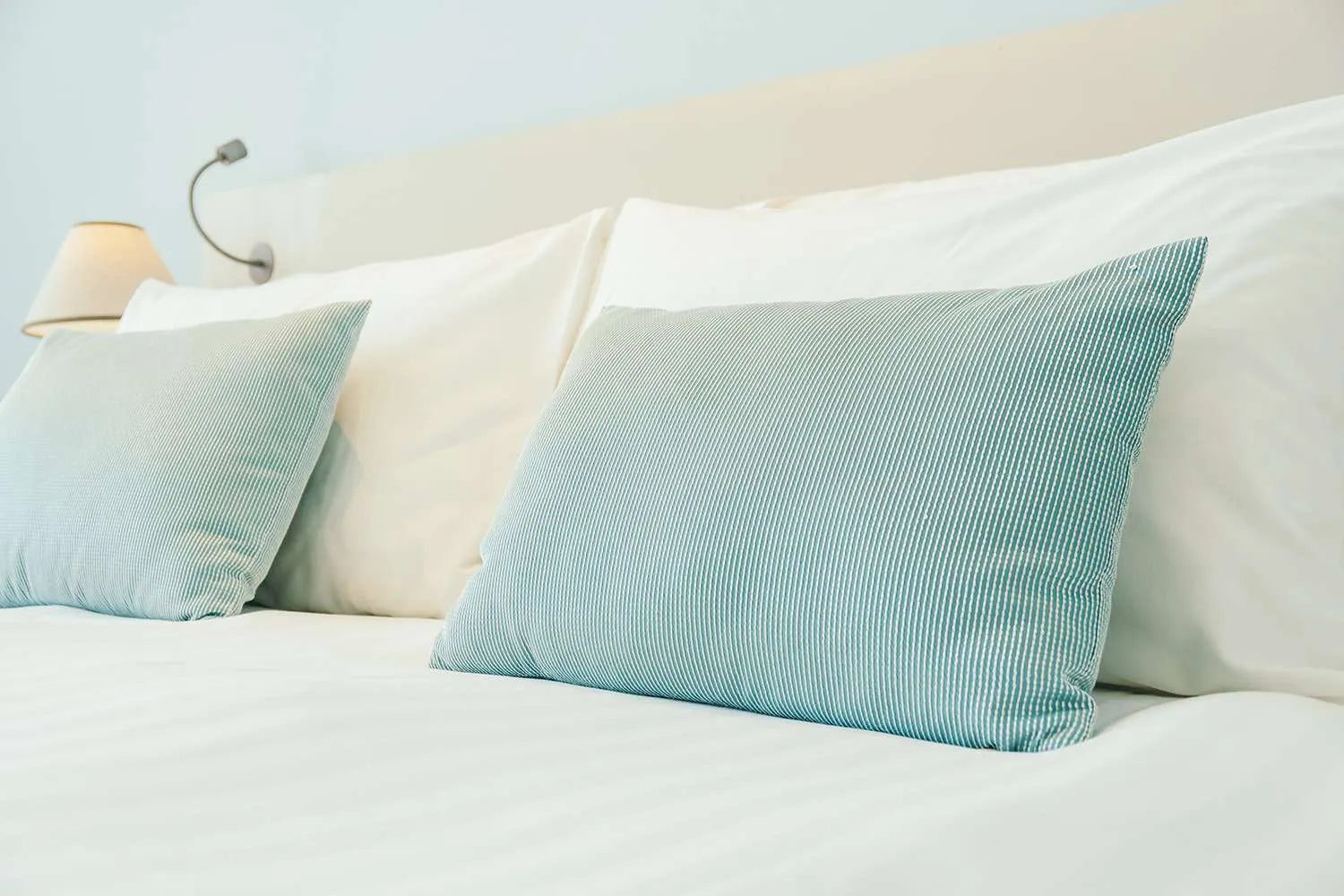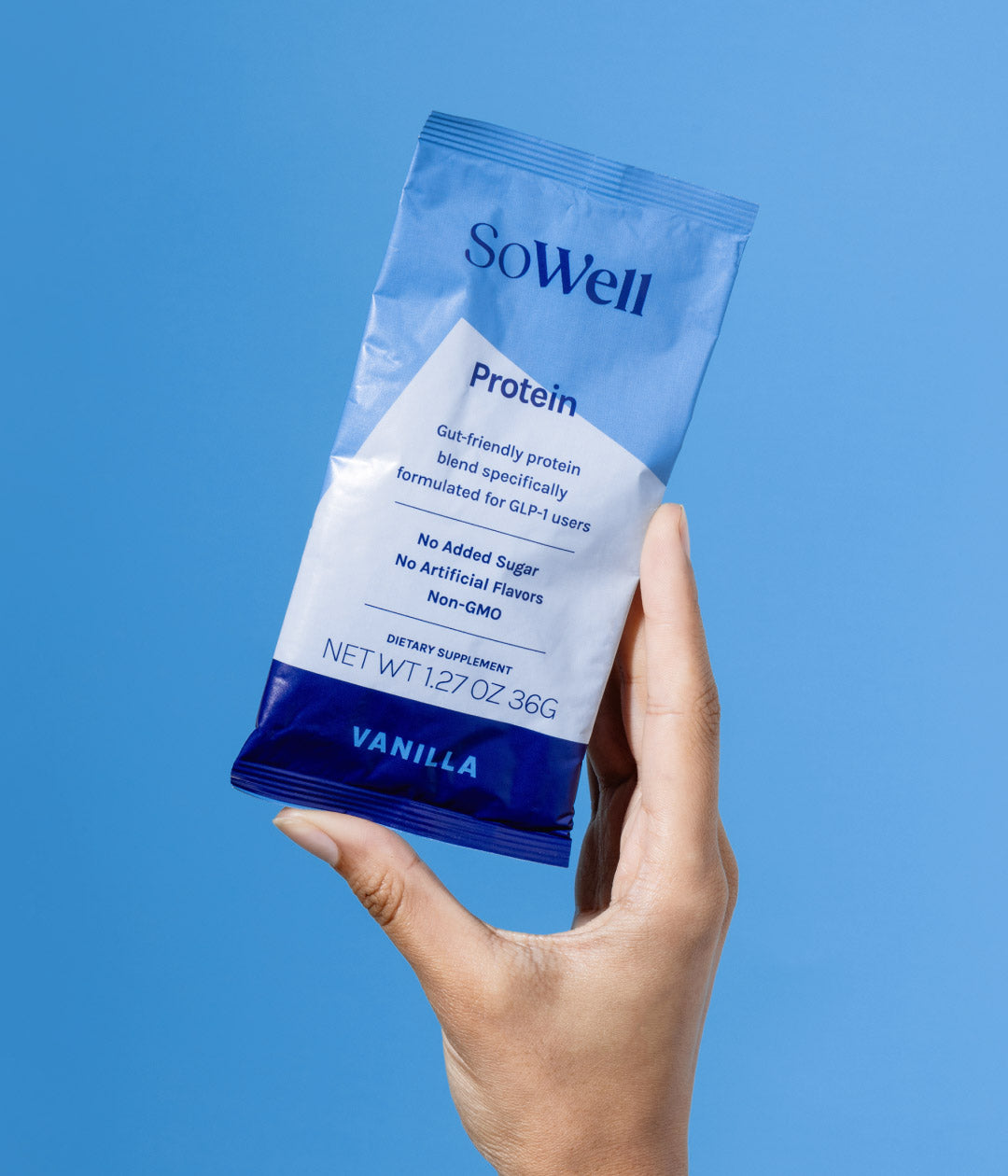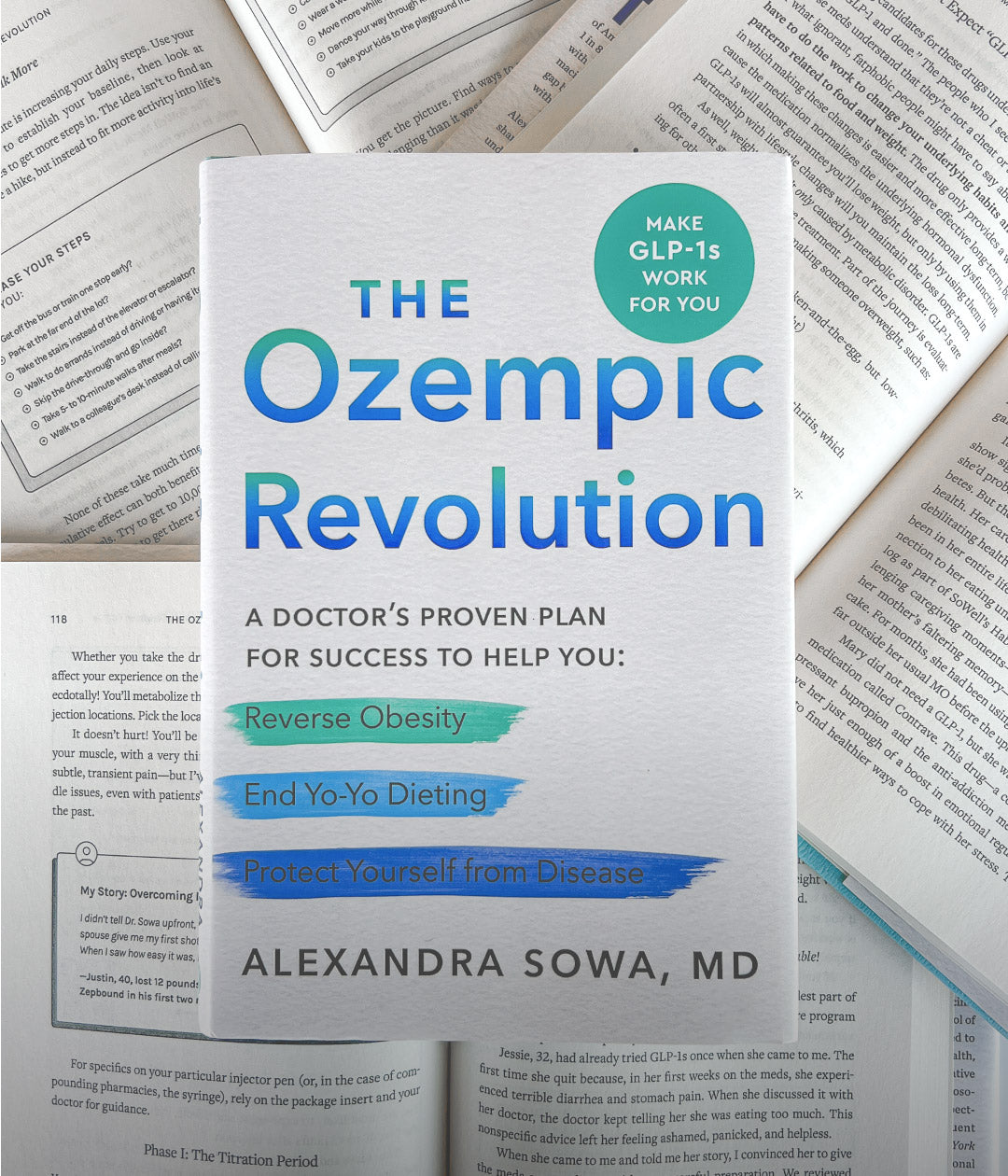What is Sleep Apnea?
Sleep apnea is a breathing disorder that causes pauses, or shallow breaths, in one’s breathing during sleep. Having sleep apnea not only results in poor quality of sleep but it can also disrupt your hormone production. Leptin, the hormone responsible for sending “your-stomach-is-full” signals to your brain after eating, decreases when you’re sleep deprived. Poor sleep from sleep apnea also increases ghrelin—the hormone responsible for sending “I’m-hungry” signals.
Answer the following preliminary questions to help determine whether or not you should move forward with a sleep apnea screening test:

Initial Questions:
- Do you get less than 7 hours of sleep a night?
- Do you snore loudly?
- Do you feel tired, fatigued or sleepy during the day?
- Is your neck circumference greater than 17in (male) or 16in (female)?
*If you need a Tape Measure, download ours here.
If you’ve answered yes to any of the questions above, click here to take the sleep apnea screening test.
This screening test is widely used in doctor’s offices to help identify those who may be at risk for or currently dealing with sleep apnea. This test is not diagnostic, but if it is positive, you should talk to your doctor (and bring this screener) to explore diagnosis and potential management strategies. For more detailed information about sleep apnea and how it could impact your health and body, check out this article.
Getting sufficient sleep is also pivotal for avoiding long-term health consequences across the board, so whether or not you’re concerned about sleep apnea, you can read more about our best sleep practices and strategies here.




